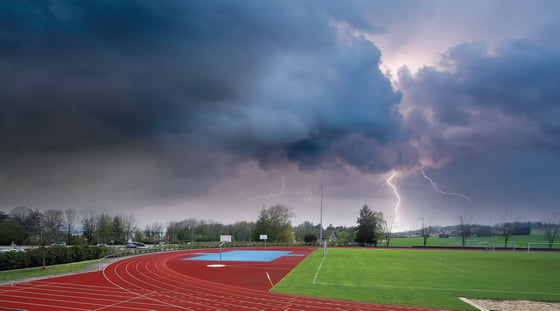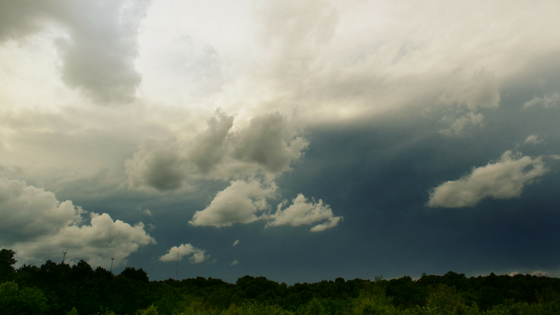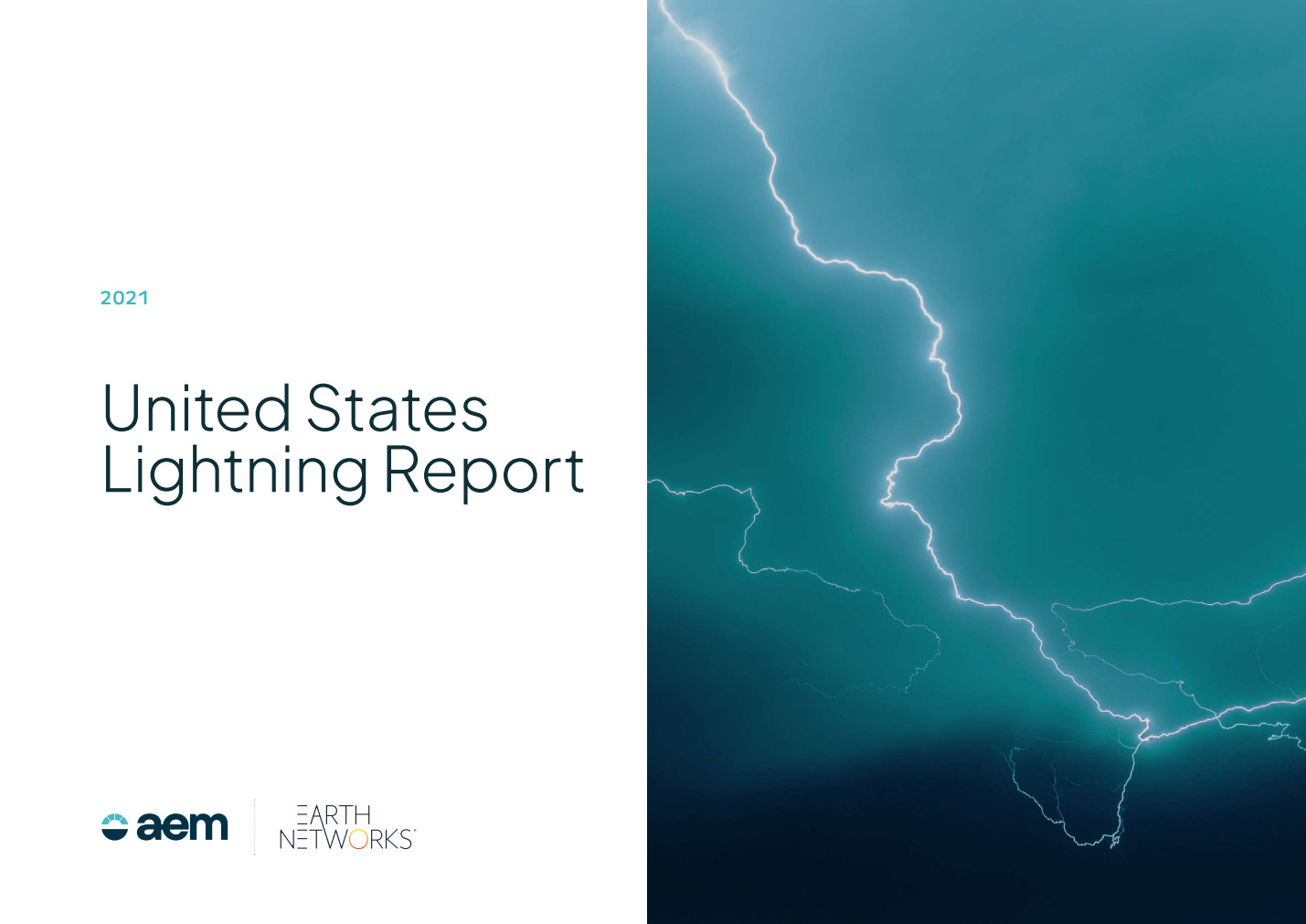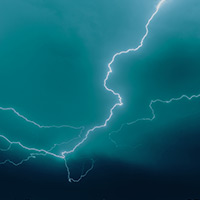Campus Events and Severe Weather

We know it takes months, even years sometimes, to plan for outdoor campus-wide events. Hundreds of hours of preparation go into every sporting season, new student orientation, and fun activity to make sure everything goes off without a hitch. However, one hitch that you can't control is severe weather.
[bctt tweet="Campus Event Planners can't control severe #weather" username="@EarthNetworks"]
While you can't control the weather (although some engineering majors at your school may be working on it) you can prepare for it. Preparing for severe weather when it comes to outdoor events requires more than just checking the forecast online or on TV. Besides the hours of preparation that go into these activities, there is also a ton of financial investment that is at risk to go wasted.
School Weather Safety

Besides a financial risk, there is also a safety issue as well. While some clouds in the sky won't injure your students, other conditions can. Rains can make surfaces slippery, high winds can knock over heavy pieces of equipment, and lightning strikes can turn an event fatal in the blink of an eye. School weather safety is not that easy to achieve. What if you cancel an event and it clears up at start time? However, it's not that simple to achieve. What if you cancel an event and it clears up at start time?
One way to ensure school weather safety, even for days without outdoor events, is with a lightning monitor system. Installing a lightning sensor attached to a real-time lightning monitoring network is a great way to make sure you know when severe weather is headed to your area. Lightning can strike from over 10 miles away. By having a total lightning monitoring system with both audible and visual alerts, you can ensure that everyone on campus understands when to seek shelter from upcoming severe weather - even if it's sunny outside.
Another tool that smart schools use to protect students, investments, and events is a school weather station. We mentioned that checking the weather forecast online or on the TV isn't good enough. Want to know why? Those reports use data from the nearest airport. How far away is your nearest airport? Our guess is pretty far.
What matters are the weather conditions in your immediate area. School weather stations enable event planners and other campus officials to understand the conditions for their exact area. A lot of schools place weather stations and lightning monitoring systems at their most heavily frequented locations. These include sports fields, tailgate areas, and the center of campus.
Campus Safety Tips For Events

1. Identify All Risks
Obviously, there is more than just weather that threatens on-campus events. Security risks range from unruly crowd members to venue set up to extreme emergency situations. Having security staff, ambulances, and medical professionals on site is a great way to be prepared for these types of risks.
What other risks can you think of? It's important to ask yourself "What if?" while planning for events. Let us know your other main risks in the comments below.
2. Use Technology
Technology plays a key role in both security and weather operations. We've already gone over how a weather station and total lightning monitoring system can protect attendees. Let's go over how social media can assist in more security-focused risks.
The rise of social media, cameras, and apps have mad a significant enhancement to security at large events. It's important to have a central location for controlling alarms and communication devices in the case of an emergency. This makes things easier to control and more cost-effective. It's also important that information is conveyed in real-time, which technology helps with a lot. Ensure staff members are equipped with radios and communication applications on their smartphones.
3. Evaluate The Type Of Crowd
Knowing what type of crowd is going to attend your event is very important. Are just students attending or are people from off campus going to be there? Is it a mass gathering or just a special event? Here's a small list of crowd types that you should be prepared to identify from Campus Safety Magazine:
- Ambulatory: Usually calm unless agitated
- Limited movement: Crowd has limited or restricted movement; requires additional planning
- Expressive: Emotional release
- Aggressive: Initially verbal, open to lawlessness
- Protestors: Organized to some degree and are capable of attacking or violence
- Degree of organization: Can they become spontaneously aggressive? Is there a volatility triggering point and to what extent of violence is the crowd capable?
4. Have a Rain Date
The last piece of advice we have is to have a rain date. There is more pressure on decision-makers if there is no rain date. Do yourself a favor and plan ahead. No event is worth putting students' lives at risk or university funds at risk, either. Remember, campus events and severe weather don't mix. Make sure you're aware of the conditions at your school.






